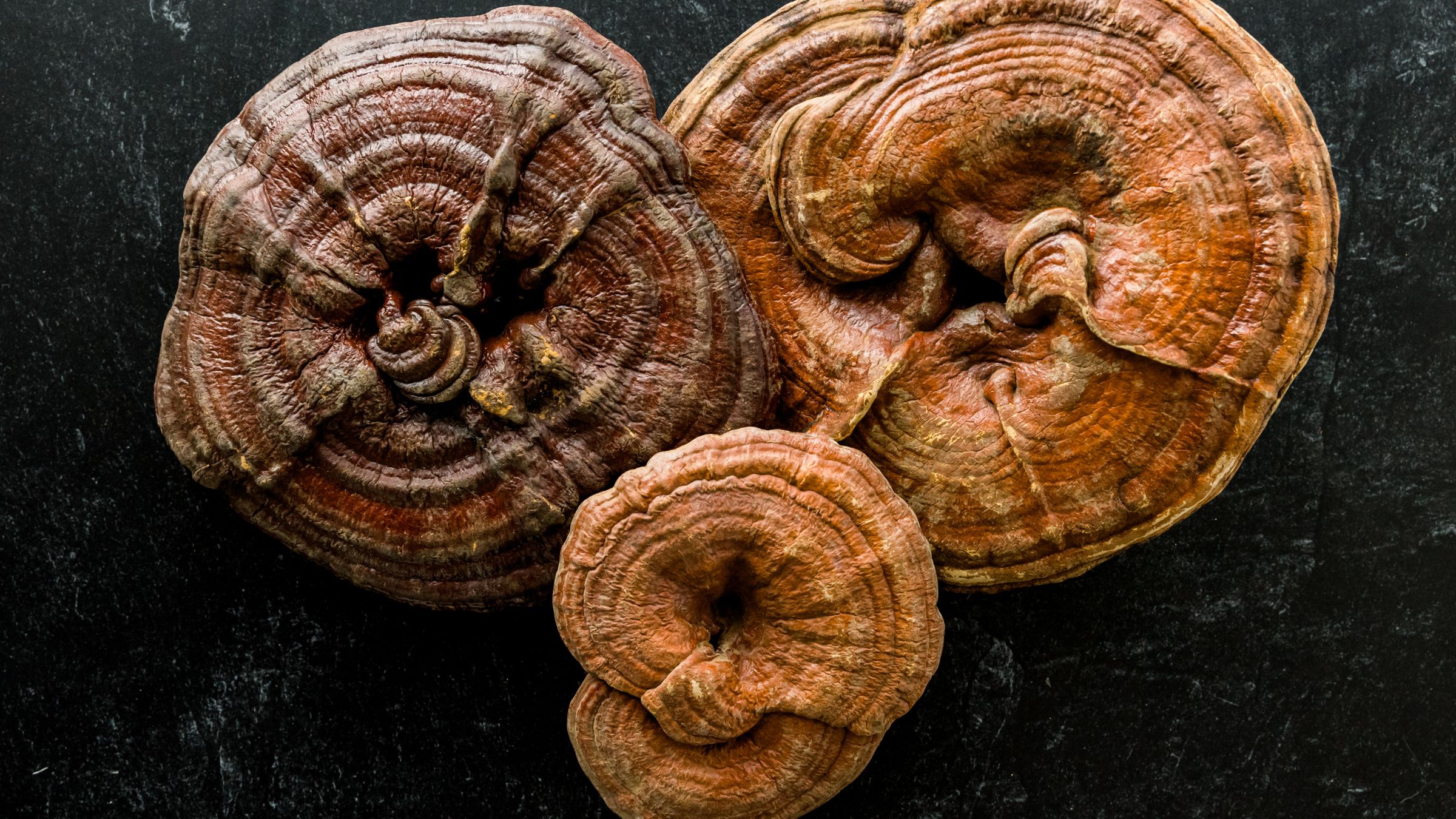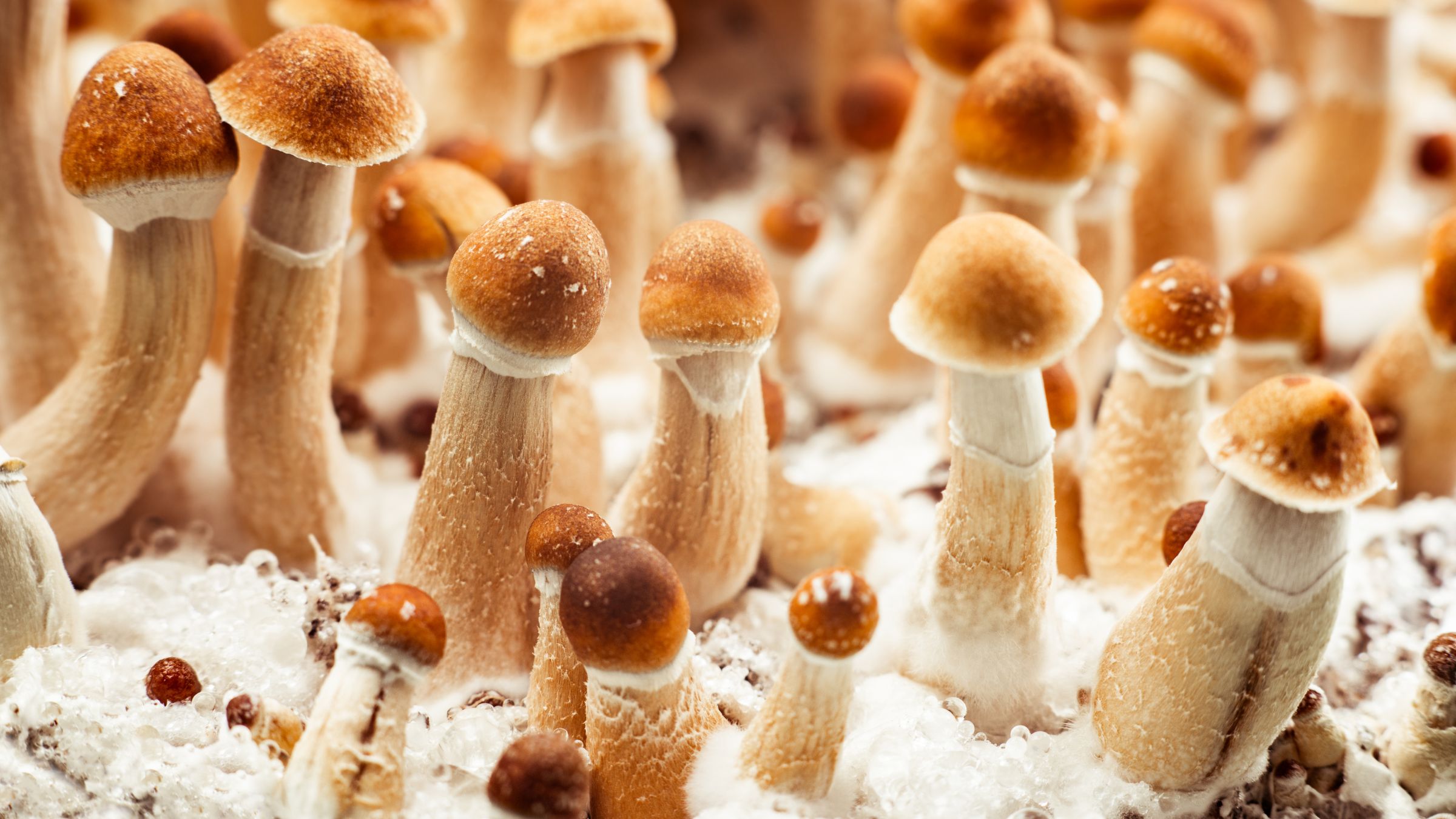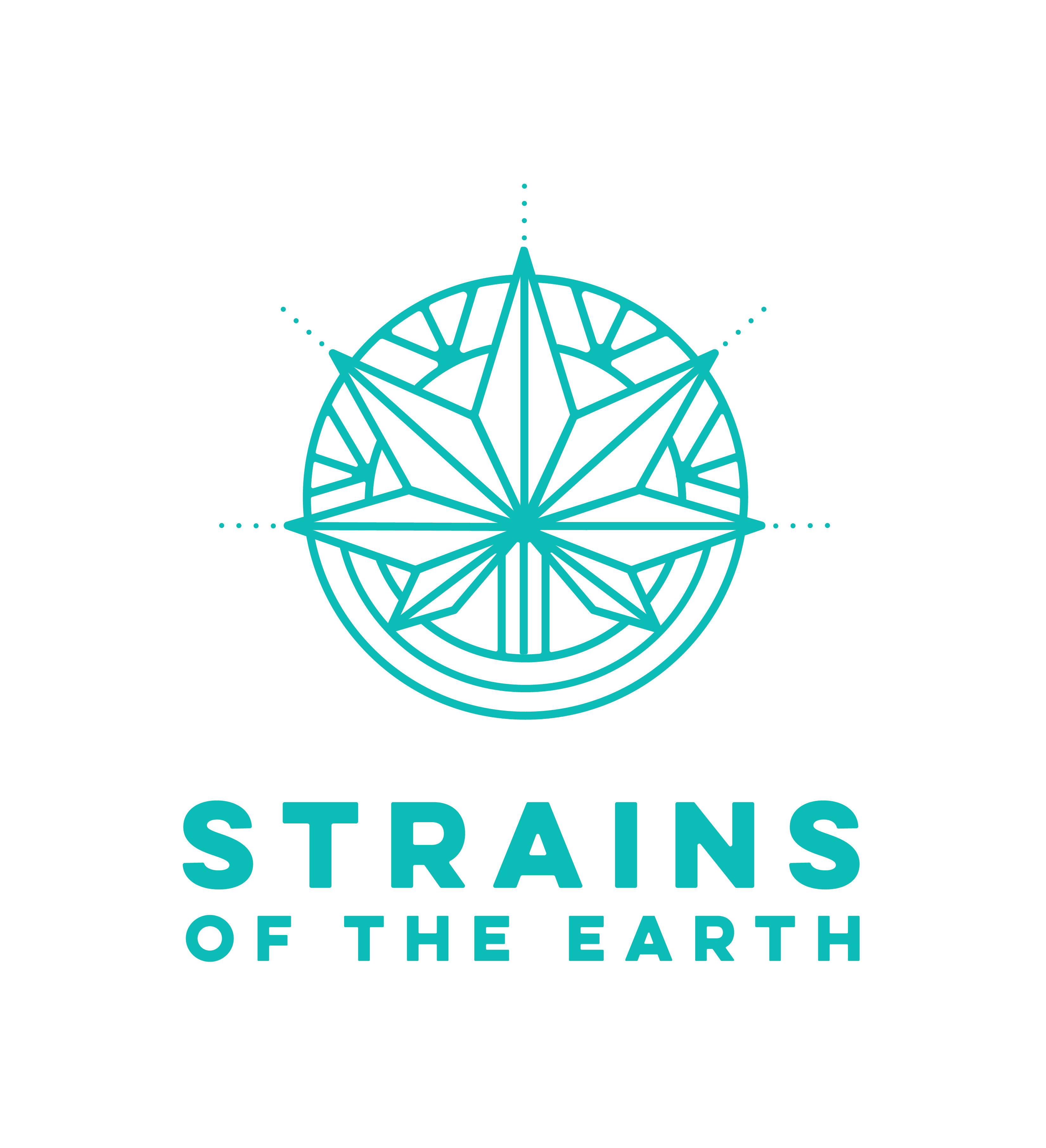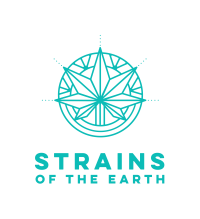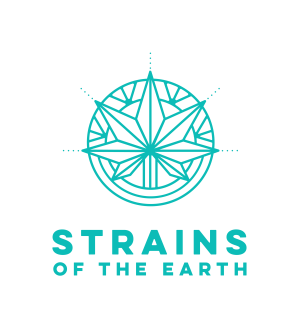In recent years, the wellness community has been buzzing about the incredible health benefits of mushrooms. Among the various types, Reishi mushrooms stand out for their unique properties and long-standing use in traditional medicine. If you’re curious about how these magical fungi can boost your health, keep reading! This blog post dives deep into the world of Reishi mushrooms, exploring their history, benefits, and how to easily incorporate them into your daily routine.
Introduction to Reishi Mushrooms
Reishi mushrooms, also known as Ganoderma lucidum or Lingzhi, are a type of fungus that has been used for thousands of years in traditional Chinese medicine. Often referred to as the “Mushroom of Immortality,” Reishi mushrooms are renowned for their potential to enhance overall health and well-being.
These mushrooms are unique in appearance, featuring a shiny, red-brown cap and a tough, woody texture. Unlike the typical mushrooms you might find in the grocery store, Reishi mushrooms are not usually consumed for their flavor but rather for their health-boosting properties. Their adaptogenic qualities make them a favorite among health enthusiasts and natural medicine seekers.
Historical and Cultural Significance
The use of Reishi mushrooms dates back over 2,000 years, with ancient Chinese texts lauding their ability to promote longevity and vitality. In traditional Chinese medicine, Reishi was considered a tonic for the soul, believed to nurture the heart, calm the spirit, and improve intellectual capacity.
These mushrooms were so highly prized that they were often reserved for royalty and were a symbol of wellness and prosperity. The cultural significance of Reishi extends beyond China; in Japan, the mushroom is known as “Mannentake,” meaning “10,000-year-old mushroom,” further emphasizing its reputed longevity benefits.
Nutritional and Health Benefits
Immune System Support
One of the most well-known benefits of Reishi mushrooms is their ability to enhance the immune system. They contain compounds called beta-glucans, which have been shown to stimulate immune cell activity. This makes Reishi particularly appealing for those looking to fortify their body’s natural defenses.
Stress Reduction and Improved Sleep
Reishi mushrooms are adaptogens, meaning they help the body adapt to stress and restore balance. Studies have shown that Reishi can reduce levels of anxiety and promote better sleep quality by calming the nervous system. This makes them an excellent choice for individuals struggling with stress-related sleep issues.
Reduced Fatigue and Enhanced Energy
In addition to improving sleep, Reishi mushrooms can also help reduce fatigue and boost energy levels. They achieve this by supporting the adrenal glands and balancing hormone levels. For anyone feeling constantly drained or fatigued, incorporating Reishi into their diet might offer a natural energy boost.
How to Incorporate Reishi into Your Diet
Reishi Tea and Coffee
One of the simplest ways to incorporate Reishi mushrooms into your diet is by drinking infused tea or adding Reishi powder to your coffee. You can find Reishi tea bags or powder to mix into your favorite hot beverages at SOTE Natural Remedies. The earthy taste pairs well with both tea and coffee, making it an easy addition to your morning routine.
Smoothies and Juices
Another popular method is adding Reishi powder to smoothies and juices. This allows you to combine multiple superfoods for a nutrient-packed drink. Try adding a teaspoon of Reishi powder to your green smoothie or fresh juice for an extra health kick.
Culinary Uses
Though not typically used for their flavor, Reishi mushrooms can be added to soups, broths, and stews. Simply simmer dried Reishi slices in your broth to extract their beneficial compounds. This method is particularly popular in Asian cuisine and can add an extra layer of health benefits to your meals.
Potential Side Effects and Safety Concerns
While Reishi mushrooms are generally considered safe for most people, they can cause some side effects. Common issues include dizziness, dry mouth, itching, nausea, and stomach upset. It’s essential to start with a small dose to see how your body reacts before increasing your intake.
For individuals with certain health conditions or those taking specific medications, it’s advisable to consult with a healthcare provider before incorporating Reishi mushrooms into their diet. Pregnant and breastfeeding women should also seek medical advice due to the lack of research on the safety of Reishi during pregnancy and lactation.
Conclusion and Final Thoughts on Reishi
Reishi mushrooms offer a wealth of health benefits, from boosting the immune system to reducing stress and improving sleep. Their rich history and cultural significance only add to their allure. For health enthusiasts, wellness bloggers, and anyone curious about natural medicine, Reishi mushrooms are worth exploring.
Whether you choose to sip on Reishi tea, blend it into smoothies, or add it to your culinary creations, incorporating Reishi mushrooms into your daily routine can be a simple yet powerful way to enhance your well-being. Ready to experience the magic of Reishi for yourself? Start small, listen to your body, and enjoy the journey towards better health.
If you found this article helpful and want to learn more about the benefits of Reishi mushrooms, feel free to reach out to our team of experts at SOTE Natural Remedies. We’d love to help you further explore how this incredible fungus and others can support your health goals.

